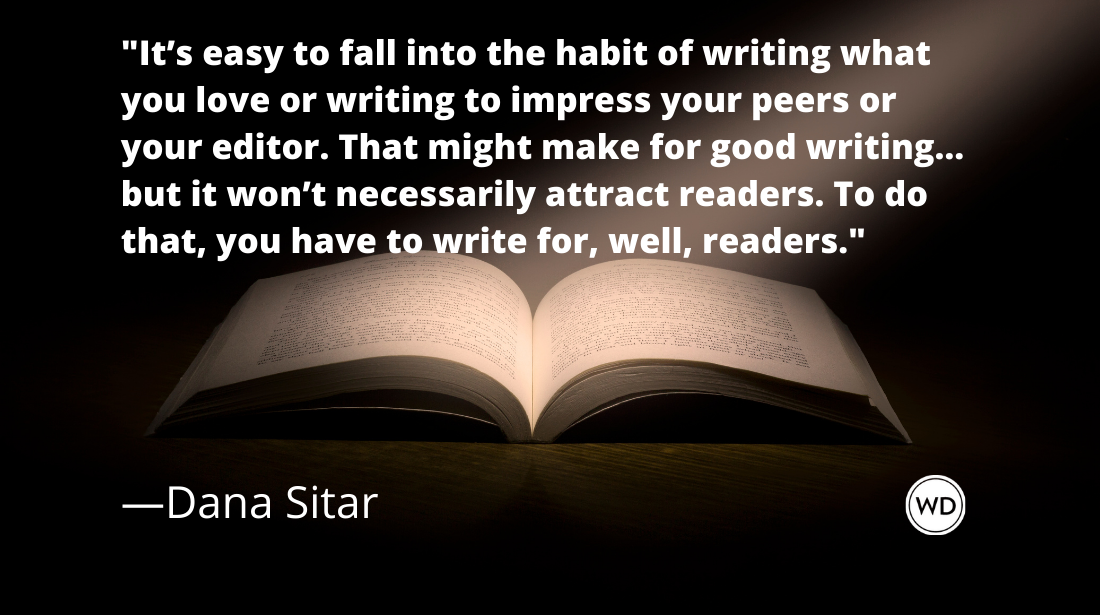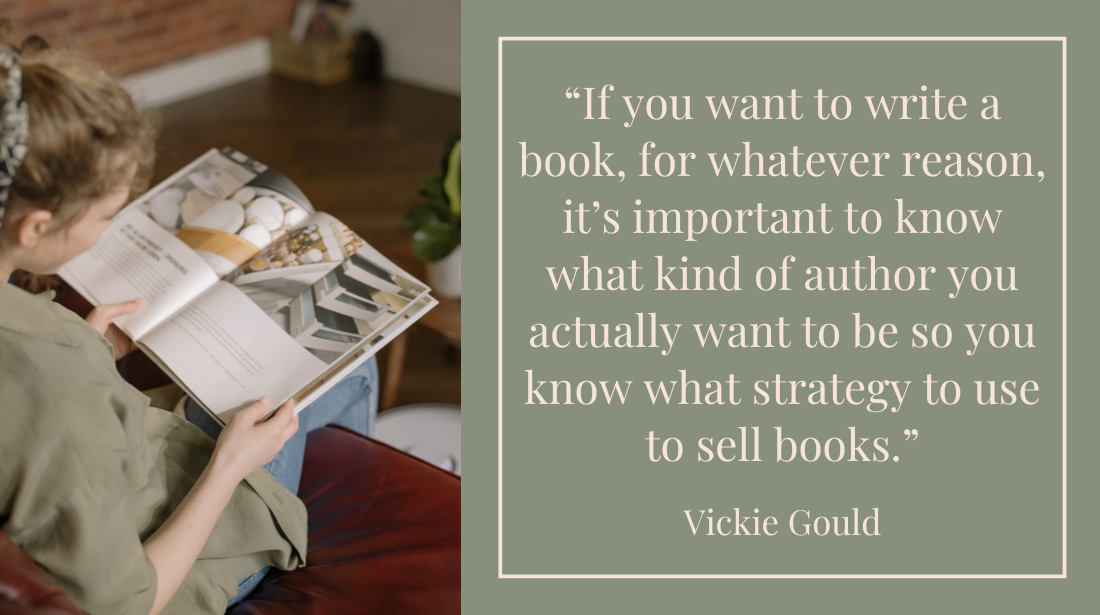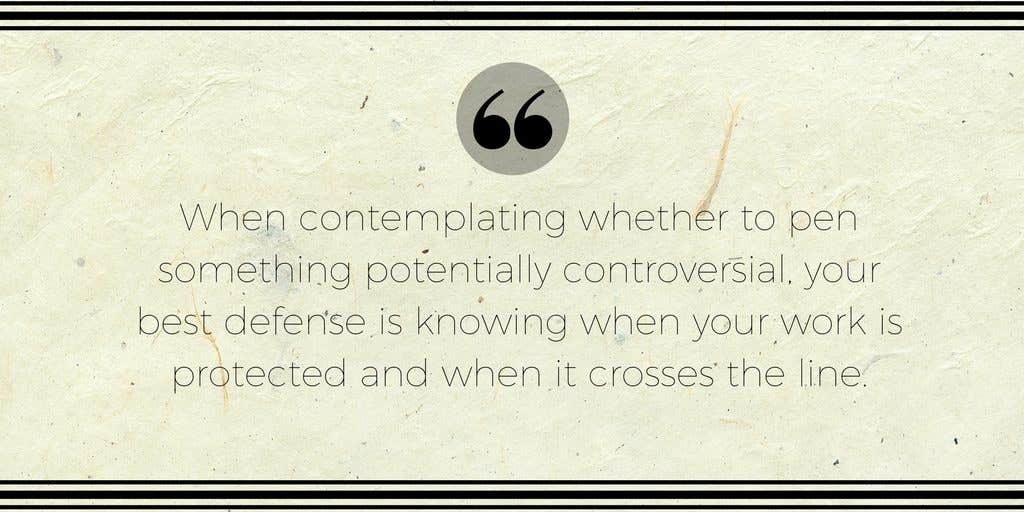What Do Editors Want?
It’s one of the biggest writing questions of all: What do editors want? Jeff Mock, former editor of the Gettysburg Review and author of You Can Write Poetry, has the answer.
What do editors want? Jeff Mock, former editor of the Gettysburg Review and author of You Can Write Poetry, attempts the answer:
I have a box, nine inches by twelve by four, stuffed with rejection slips I have received as a writer. Most are form rejections, some signed, a few handwritten notes. Someday I'll need a larger box — not that I'm proud of my collection. The rejection slip is the ugly boulder marring publishing's beautiful landscape. Everyone who dares submit is, more often than not, rewarded with rejection. Even big-name authors get the slip. I know. When I'm not writing, I work as an editor, and I've sent out many rejection slips.
So what do editors want? When asked that at a writers' conference, Hilda Raz, editor of Prairie Schooner, said that an editor is like an empty glass waiting to be filled up. That's what good stories and poems do: They offer finely distilled intelligence and emotion and the full body of well-crafted language. Editors look for the choice stuff, the rare wine, the filet mignon, the creme brulee.
An editor is really only a reader, albeit a reader with the power to publish. When I read through stacks of manuscripts, I look to be filled up. I look for the individual talent. Much of what I read is alike — the same poems and stories that happen to be written by different authors. There are the childhood-trauma stories and the childhood-trauma poems, the coping-with-grief stories and the coping-with-grief poems, the loss of innocence, the mystical discovery, the confrontation with fear, the baby-done-left-me. These are common subjects, but any of them can make publishable work if the author makes the subject his or her own. The language must be well-crafted, the metaphors imaginative and appropriate, the point of view and structure used to the best advantage, and encompassing all that, the individual talent must distinguish it from the millions of other submissions circulating through the hundreds of editorial offices. Individual Talent: two attributes, each as important as the other.
Editors have differing tastes, and some are more discerning than others. Read their magazines, understand their tastes, and submit to those whose selections you admire. Remember that every writer receives rejection slips. I collect rejection slips because they urge me to write better, but I also know that editors don't look to reject submissions. Editors look for stories and poems to publish, the reward we're all looking for.
For more of Jeff Mock's insights into how to write and sell poetry, take a look at You Can Write Poetry.








